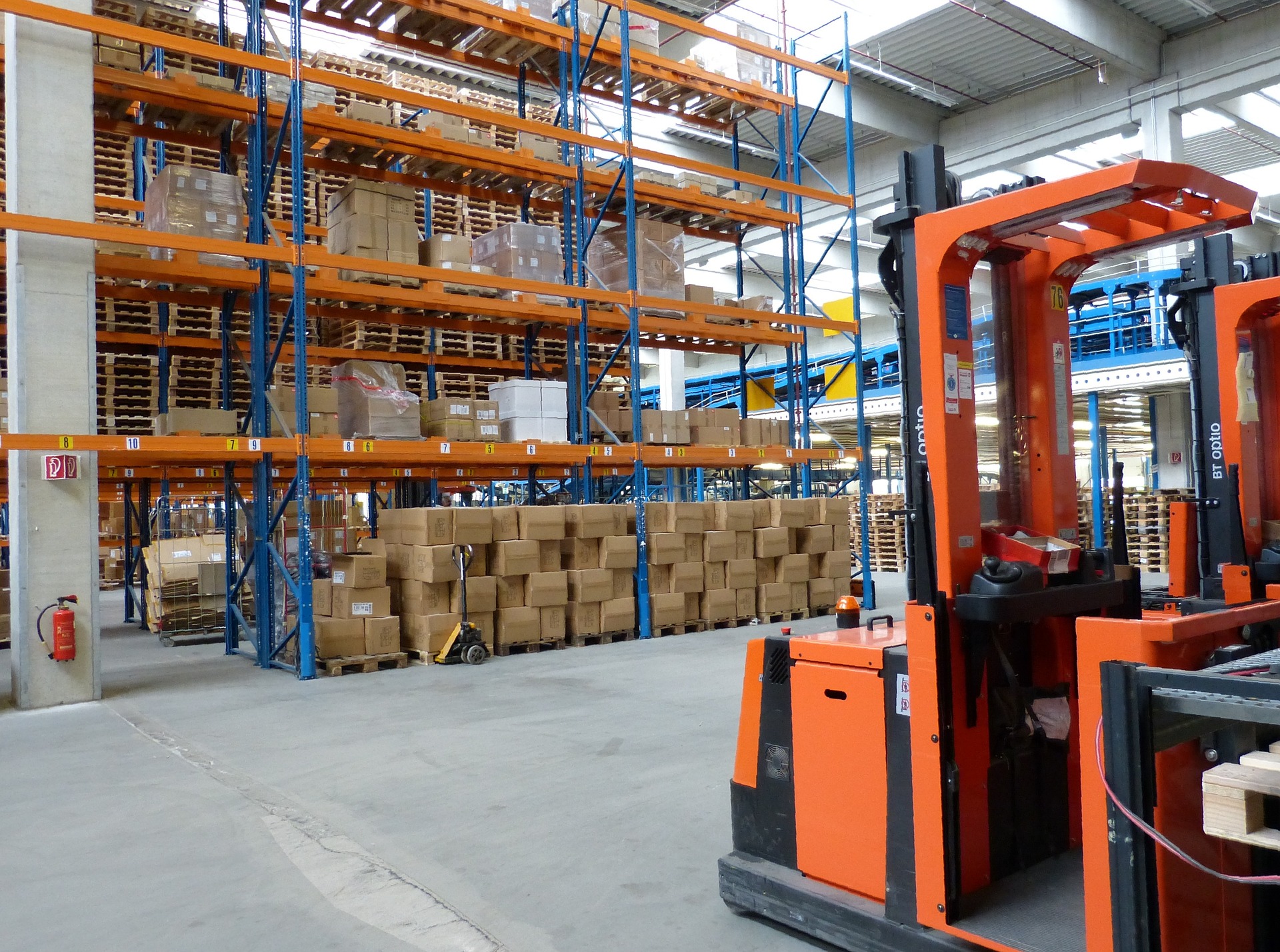Introverted Resilience: A New Lens on Quiet Strength
In a world that champions extroverted qualities, the quiet fortitude of introverts often goes unnoticed. Recent sociological research reveals introverts possess unique forms of resilience that contribute significantly to community building, problem-solving, and emotional intelligence. This overlooked social phenomenon isn't just reshaping our understanding of personality types—it's challenging fundamental assumptions about strength and leadership in modern society. Read below to discover how introverted resilience is silently transforming our social landscape.

The Misunderstood Power of Quiet
For decades, Western societies have operated under what psychologist Susan Cain termed “the extrovert ideal”—a cultural preference for the outspoken, gregarious individual who thrives in high-stimulation environments. This bias has permeated educational settings, workplace structures, and social expectations, creating environments where introverts (roughly 30-50% of the population) must often adapt to systems that fundamentally clash with their natural processing styles. However, recent sociological research from institutions like Cambridge University and the University of Pennsylvania has begun documenting what many introverts have long understood: quiet temperaments harbor distinct forms of resilience that prove invaluable in contemporary society.
This resilience manifests not in the ability to dominate social situations or command attention, but rather in persistence through solitary challenges, depth of analysis, and emotional regulation capabilities that often surpass those of their more extroverted counterparts. Dr. Michael Woodward, an organizational psychologist who studies workplace dynamics, notes that “introverts typically demonstrate higher stress tolerance during prolonged cognitive tasks and greater perseverance when facing obstacles that require deep thinking rather than quick action.” This capacity for sustained mental focus represents a form of endurance that has been historically undervalued but is increasingly relevant in information-dense environments.
The Neuroscience Behind Quiet Fortitude
The biological underpinnings of introverted resilience represent a fascinating area of emerging research. Studies utilizing advanced brain imaging techniques have revealed that introverts and extroverts literally process information through different neural pathways. Dr. Marti Olsen Laney’s research demonstrates that introverts rely more heavily on the parasympathetic nervous system—sometimes called the “rest and digest” system—and show heightened activity in brain regions associated with internal processing, memory consolidation, and problem-solving.
This neurological difference results in longer, more complex neural pathways for processing stimuli. While this means introverts may respond more slowly to external situations, it also grants them superior abilities in scenario planning, risk assessment, and thoughtful analysis. During periods of social isolation that many found unbearable during recent global events, introverts demonstrated remarkable adaptability. Research from the University of Michigan found that introverts reported significantly lower levels of psychological distress during enforced isolation compared to their extroverted peers. This resilience stemmed not from indifference to social connection, but from well-developed internal resources and comfort with solitude—qualities that proved protective during periods of external instability.
Quiet Leadership: Redefining Influence
Perhaps nowhere is the reevaluation of introverted resilience more evident than in changing conceptions of effective leadership. The stereotypical charismatic, commanding leader is increasingly being complemented—and sometimes replaced—by what management researcher Jim Collins called “Level 5 Leadership”—individuals who blend personal humility with professional will. These leaders, often introverted by nature, demonstrate remarkable resilience through persistence rather than dominance.
Adam Grant, organizational psychologist at Wharton School of Business, has documented how introverted leaders frequently outperform extroverted counterparts when managing proactive teams. Their natural inclination to listen before speaking creates environments where team members feel genuinely heard and valued. This participative approach builds organizational resilience by distributing responsibility and nurturing collective intelligence rather than centralizing authority. Companies like Google, Microsoft, and Apple have all experienced periods of remarkable innovation under the leadership of individuals with distinctly introverted qualities—demonstrating that quiet resilience can drive organizational transformation through steady determination rather than forceful disruption.
Social Resources Through Deep Connection
Perhaps counter-intuitively, research indicates that introverts often develop remarkably robust social support systems—a key factor in personal resilience. While extroverts typically maintain broader but shallower social networks, introverts tend toward fewer but deeper connections. Dr. Elena Bernstein, who studies friendship formation at UCLA, notes that “introverts approach relationship-building with quality over quantity strategies, investing substantial emotional resources in a select circle of confidants.”
This depth-focused approach yields significant dividends during life challenges. When facing adversity, introverts can draw upon intensely loyal support networks characterized by high trust and mutual understanding. A longitudinal study from Northwestern University tracked individuals through major life transitions and found that introverts reported higher satisfaction with the practical and emotional support they received during crises, despite having numerically smaller social circles. This finding challenges traditional assumptions about social capital, suggesting that resilience may derive more from the quality of connections than their quantity—another domain where the introverted approach demonstrates unrecognized strength.
The Contemplative Advantage in Crisis
Perhaps the most striking aspect of introverted resilience emerges during periods of societal upheaval and uncertainty. When external systems falter, the introvert’s well-developed internal resources—reflection, self-regulation, and comfort with solitude—become particularly valuable. Psychologist Dr. Laurie Helgoe has studied how introverts navigate crises and notes their “capacity to remain centered amid chaos, largely due to practices that maintain internal equilibrium independent of external conditions.”
This ability was evident during recent global disruptions. Research from King’s College London found that individuals scoring higher on introversion scales demonstrated greater adaptability to rapidly changing circumstances and reported developing more effective coping strategies during periods of uncertainty. Their natural tendency toward thoughtful deliberation before action served as protection against the anxiety-driven reactivity that characterized many responses to unprecedented events. As society continues navigating complex challenges from technological disruption to climate adaptation, these qualities of measured response, careful consideration, and emotional self-regulation represent valuable collective resources.
Cultivating Quiet Strength in Communities
As recognition of introverted resilience grows, forward-thinking organizations and communities are beginning to intentionally cultivate these qualities. Educational institutions like Finland’s consistently high-performing school system incorporate substantial periods of reflective solitude into daily schedules. Workplaces are redesigning environments to include both collaborative spaces and quiet zones that support deep work—a concept popularized by computer scientist Cal Newport that acknowledges the unique value of distraction-free cognitive processing.
Community organizations increasingly recognize that building collective resilience requires harnessing both extroverted and introverted strengths. Resilient communities need individuals who can rapidly mobilize connections during crises, but equally require those who excel at thoughtful planning, deep listening, and sustained focus on complex problems. This balanced approach represents a maturation in our understanding of social capital and community resources.
The emerging appreciation for introverted resilience doesn’t diminish the value of extroverted qualities, but rather completes our understanding of human strength. As society faces increasingly complex challenges requiring both quick action and deep thinking, the quiet fortitude that introverts have cultivated throughout their lives emerges as an essential component of our collective resilience—a powerful resource hiding in plain sight.





